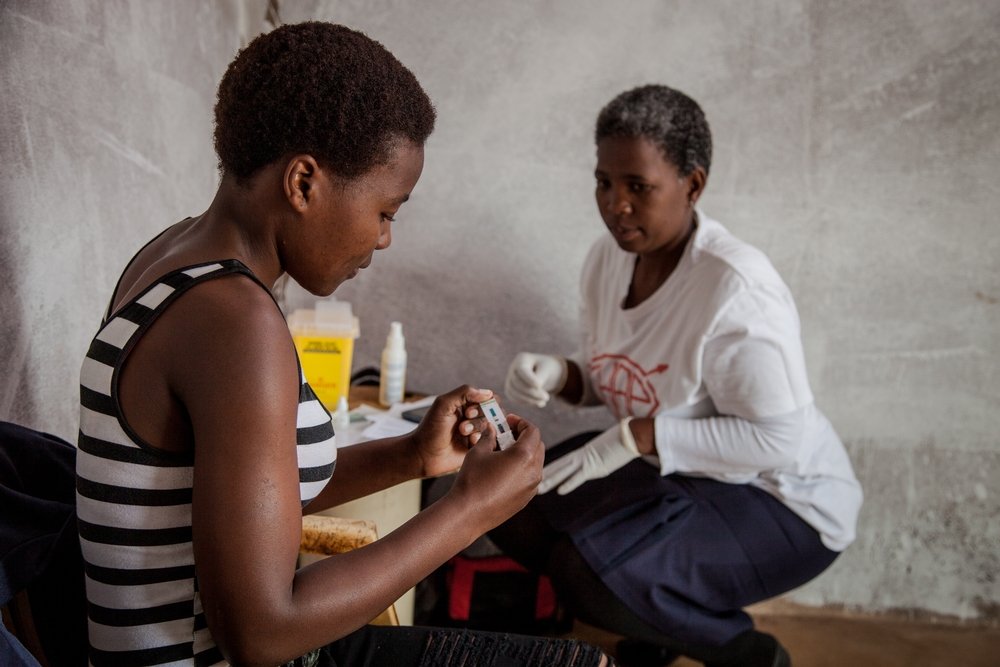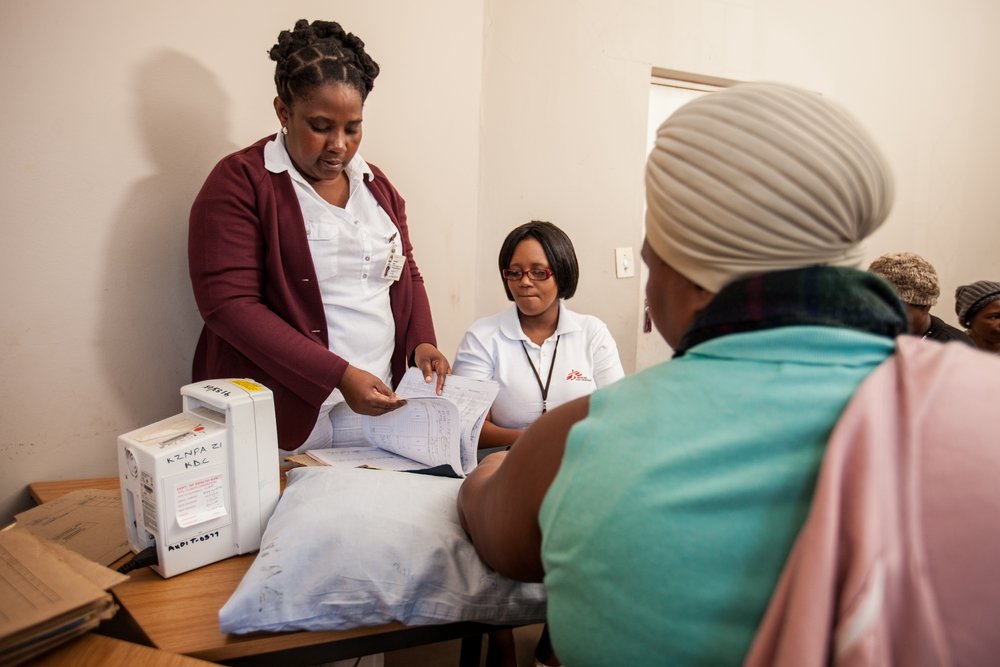
Minister of Health Aaron Motsoaledi announced in Parliament yesterday that from September 2016, the South African public health sector will offer universal “Test and Treat”.
This means that all people in the country testing positive for HIV will be eligible for antiretroviral therapy (ART), and will no longer need to wait for their immune system to be weakened below a certain threshold in order to start treatment. Recent research, including the START clinical trial and HPTN 052, shows that Test & Treat is the best way to keep people healthy and reduce their likelihood of spreading HIV infection.
From June, the government will also launch an HIV prevention campaign, which aims to reduce HIV infection among youth age 15-24, and provide oral pre-exposure prophylaxis (PrEP) that prevents HIV infection to ten sex worker programmes across the country.
The Department of Health’s new policies are in line with the latest HIV guidelines from the World Health Organisation, and are a necessary step toward reaching the UNAIDS goal of 90-90-90, which means that 90% of all people living with HIV know their status, 90% of those testing positive are on treatment, and 90% of those are on optimal treatment and virally suppressed.

Doctors without Borders (MSF) welcomes the MoH announcement, and respond with the following:
“Introduction of Test & Treat policies and youth-focused prevention strategies has the potential to put South Africa at the global forefront of addressing the HIV epidemic, but the key to success will rely on effective implementation that directly engages with the most directly affected communities.
“In uThungulu District Municipality, KwaZulu-Natal (KZN), where MSF supports the Department of Health, over 50% of women aged 30-35 years are HIV-positive, and youth—especially females—are at high risk of HIV infection. MSF experience in KZN has found that community-based HIV testing can reach more people in these key populations than clinic-based testing. MSF aims to introduce Test and Treat as soon as possible in its catchment areas and link HIV-negative women at high risk of infection to PrEP and family planning services, while working with local organisations to increase public awareness about new services.
“Most importantly, involvement of communities and people living with HIV is critical for the successful implementation of any new policy, particularly Test and Treat and PrEP. Mobilising new and existing patients, educating communities on the new minimum standards of care, monitoring quality of services and generating the demand for earlier treatment are all necessary if these new policies are to be implemented properly.
“Test and Treat will also push the limits of the medicines supply chain; accurate supply forecasting and improved reactive capacity at a national level, combined with patient-led strategies will be essential. Patient adherence groups and other decentralized systems can allow people living with HIV to collect medicine at locations close to their homes. Monitoring by patients at clinics can ensure medicines are reaching people living with HIV, and stock outs are addressed. Together, patients and governments must fight against patent monopolies that result in high prices or supply insecurity for HIV and TB medicines.
“Offering quality HIV and TB services to millions of people will only be possible with increased investment for the lay workers at the coal face of the response. These are the organisations informing people at the grassroots level of their right to get tested and access treatment if they are HIV-positive. They are the counselors who manage community-based strategies to decongest already strained clinics. They are the communities combating stigma and discriminatory practices that otherwise exclude people from care. Civil society is the cornerstone of the HIV treatment programme’s success, and it requires sustainable funding to continue its valuable work.” Dr. Amir Shroufi, Medical Coordinator, MSF South Africa.
Find out more about MSF in South Africa